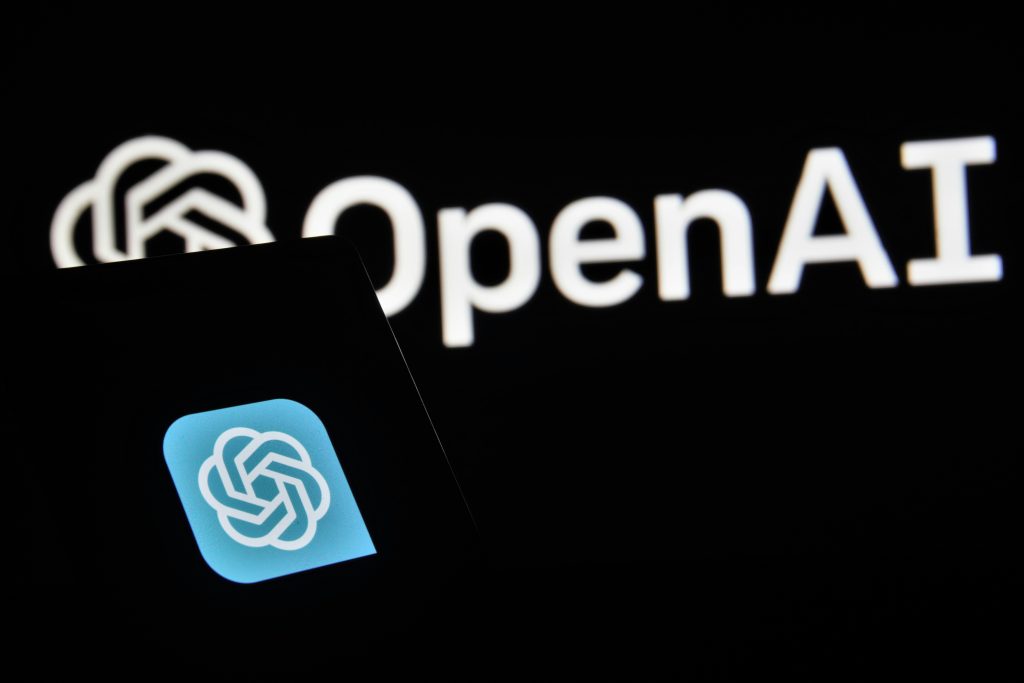Top five industries most fearful of ChatGPT
|
Rank |
Industry |
Percentage of respondents who distrust/fear of using AI |
|
1 |
Health Care and Social Assistance |
24% |
|
2 |
Construction |
14% |
|
= 3 |
Manufacturing |
8% |
|
= 3 |
Administrative and Support Services |
8% |
|
= 3 |
Professional, Scientific, and Technical Services |
8% |
AIPRM reveals that Health Care and Social Assistance is the industry most fearful of AI tools such as ChatGPT, with almost a quarter (24%) of American business owners admitting their distrust in using it in the workplace.
The Construction sector places second when it comes to the fear of using ChatGPT in business. Almost one in six (14%) of business owners are fearful of ChatGPT and refuse to use it for work.
Other industries scoring highly for being fearful of the AI tool includes Manufacturing (8%), Admin and Support Services, and Professional, Scientific, and Technical Services.
Although there is fear circling around the industry, a third (33%) of business owners in the scientific and technical services sector are using ChatGPT – higher than any other industries reviewed.
Other industries using ChatGPT the most are retail trade sector (30%) and Accommodation and Food Services (24%).
Top five reasons US business owners are fearful of ChatGPT
|
Rank |
Reason |
Percentage of respondents |
|
1 |
Potential security risks |
22% |
|
2 |
Question misinterpretation |
21% |
|
3 |
Inconsistent answers |
17% |
|
4 |
Fabricated information |
15% |
|
5 |
Legal and compliance issues |
15% |
When looking at the reasons why American business owners are fearful of ChatGPT, “potential security risks” comes on top (22%).
Ranking second is “question misinterpretation” with over a fifth (20.5%) of people avoiding ChatGPT at work for this reason.
At the bottom of the table, 15% of respondents are concerned of AI tools usage at work causing legal and compliance issues.
Christoph. C. Cemper, Founder and CEO Head of AI prompt management tool, AIPRM, shared his insight to debunk top concerns businesses have and how to use AI properly to boost performances:
“I understand that some may be fearful of the unpredictable outcomes of using AI in the workplace, especially the concerns over cyber security risks when it comes to a new technology. However, AI itself isn’t the risk, instead, it has been found to boost business performance as long as there is good control over the tool.
“The first priority concern many users may have is the potential security risks, and whilst generative AI could be misused by malicious perpetrators who wish to access data and cause damage, using antivirus software and secure file-sharing, your workplace computer system will be protected. Although, a key factor is ensuring that you are consistently up to date with the latest advancements in the technology sector. This will help improve the understanding of the capabilities, limitations and risks that AI holds.
“Another issue is the legalities of the ever-developing technology. Using AI-generated content can lead to accidentally infringing existing intellectual property, which in turn, may lead to copyright or infringement claims. Moreover, to prevent any such claims or GDPR fines, businesses should be able to verify how training data is obtained and verify that their AI supplier has a lawful legal basis to process data.
“The final main concern that users tend to highlight is the risk of misinformation. As many may know, generative AI is great at producing misinformation and can help those who are looking to actively mislead others. However, the advanced technology can also help identify ‘fake news’ by matching the contents with trusted sources to highlight any errors or deceiving information.”
Featured Photo by Mojahid Mottakin on Unsplash.



